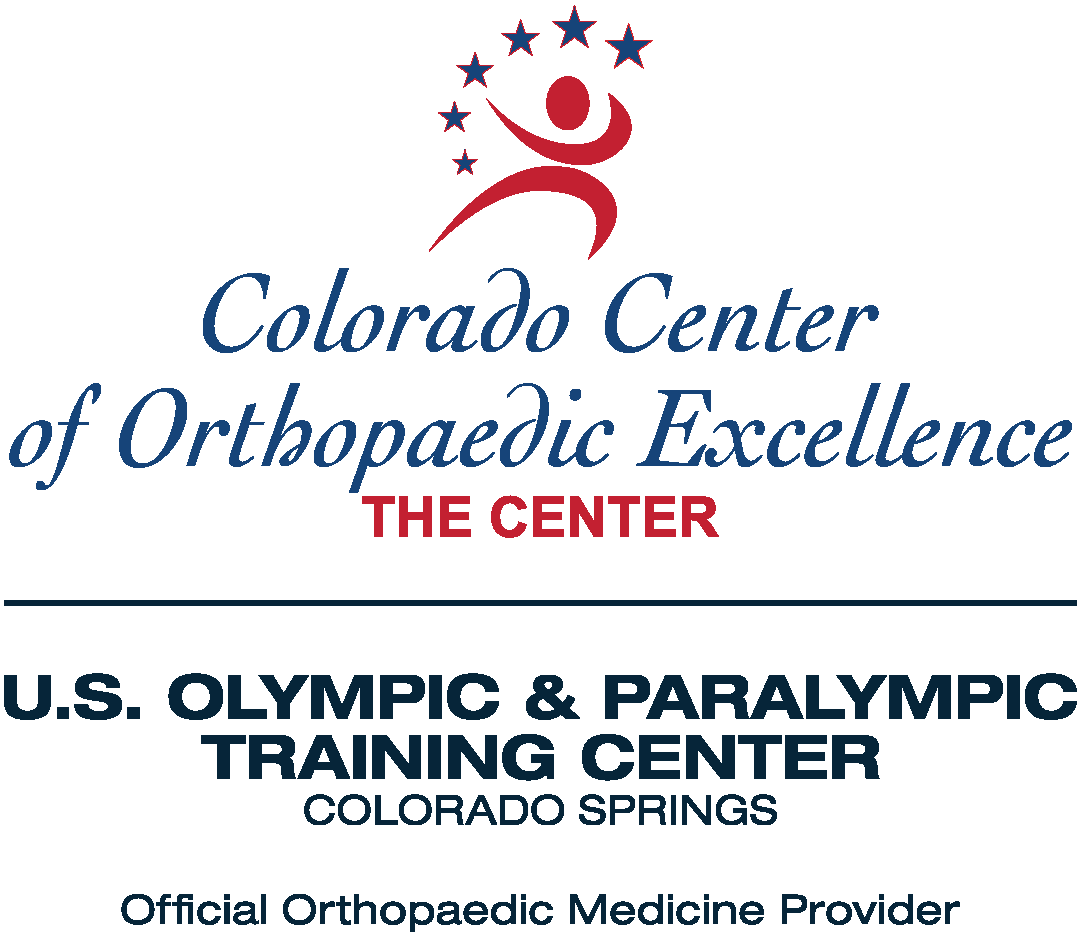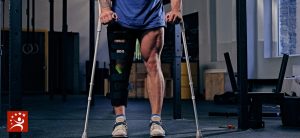The shoulder is the most pliable joint in the body – but that also makes it extremely vulnerable to injury. Its wide range of motion allows us to do everything from lifting groceries to swinging a tennis racket, and that’s why shoulders are especially prone to overuse trauma, injury, and general wear-and-tear due to time and use.
We rarely consider our rotator cuff until something happens. And for the 2 million Americans in 2013 who visited their doctors for shoulder injury, prevention came too late. Here are five things you can do to strengthen a weak shoulder:
Posture
For most Americans, time spent hunched over a desk or bending forward to monitor your smartphone has become a societal norm. Slouching and slumping can trigger postural abnormalities that weaken shoulders and leave you susceptible to persistent neck, back and shoulder pain. Try to focus on sitting up straight, setting up an ergonomic work environment, and lifting your smartphone to eye level.
Flexibility
You may not believe in karma, but Yogis sure have one thing figured out – flexibility. The key to loosening tight necks and backs, and strengthening those feeble shoulder muscles just may be a bit of old-fashioned stretching. Stretching the pectoral muscles of the chest will increase your range of motion without putting undue pressure on the shoulders. Try your hand at yoga, stretching, or Pilates that focus on core and side flank strength.
Exercises
When it comes to mobility, coordination, and stability, the importance of the scapular muscles cannot be overstated. The lower scapular muscles, which include the rhomboids and lower trapezius, can be exercised and strengthened in a variety of ways. In fact, many effective exercises can be done without even standing up! Try shoulder blade squeezes are beneficial and require no weights; simply sit (or stand) up straight with your arms in a goal post position, squeeze your shoulder blades together, hold for at least three seconds, and release. Shrugs (which are exactly what they sound like) are a trapezius-boosting movement. If you’re looking to increase the difficulty, try holding light weights in your hands. A healthy trapezius is paramount for maintaining balance. Experiment with exercises that target your shoulders from myriad angles.
Get Evaluated
While you might have been too aggressive at your weekend softball game, more often shoulder injuries occur over time due to bad habits and repetitive behaviors. Consider a visit to your physical therapist or chiropractor for an evaluation before the problem becomes worse. They might be able to pinpoint habits or concerns that have been built into your muscle memory. Athletes should consider meeting with a personal trainer, attending a skills clinic or meeting with expert coach to evaluate stroke, gait, pull or swing. Sometimes lowering your elbow an inch or chocking up on the bat might be enough to prevent injury.
Wrap it Up
There is no way you can wrap a shoulder as you could with, say, your knee or ankle. But simple tools like kinesiology tape (KT tape) applied skillfully can secure muscles and prevent extraneous movement. Icing, rest and anti-inflammatories, as well as Epsom soaks can help prevent further damage to sore shoulders.
Often ignored, shoulders are nothing to shrug off! Who better knows this than Dr. David Weinstein of the Colorado Center for Orthopaedic Excellence. Dr. Weinstein is a fellowship-trained orthopedic shoulder and elbow specialist who is dedicated to the diagnosis and treatment of shoulder and elbow conditions. He and his expert staff provide many options for minimally invasive measures including cryotherapy, joint injections, and anti-inflammatory medication. Isn’t it time you gave pain the cold shoulder? Call 719-623-1050 today.













